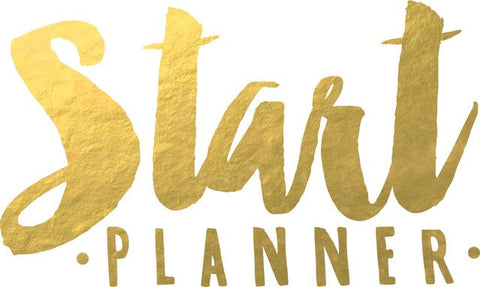If You Fail to Plan, You Plan to Fail
Why are you much more likely to fail at your goals if you don’t plan them and write them down? There are several reasons.
Planning Your Goal Solidifies It
It also helps you clarify your goal and enables you to remind yourself of your goal at any time. When you don’t have a goal written down, it’s easy to change it halfway there. It’s all in your head at that point, anyway, so what’s to stop you from deciding that you’re close enough? Writing it down will help you keep your eyes on the prize.
Planning Your Goal Gives You a Path to Follow
Let’s say that your goal is to get your bachelor’s degree in business. If you just set that as your goal and start taking classes, you’re less likely to succeed, because you probably don’t know off the top of your head which classes you need to complete and what the prerequisites are for each one. With planning, you can figure out the graduation requirements and then put together a plan for which classes you’ll take and in what order.
Planning Helps You Find Potential Issues
Going after a goal is rarely as simple as going from point A to point B. There are obstacles along the way that can throw you off track, especially if you haven’t prepared for them. It’s much easier to handle an issue when you’ve already anticipated it than when you haven’t, as in the latter scenario, you’ll end up scrambling to find a solution.
Planning Helps You Prioritize
If you’re like most people, you probably have quite a few goals that you want to accomplish, with some that are far more important than others. When you start planning your goals, you can decide which ones matter most to you, and which ones aren’t a priority right now. If you don’t want to take the time to plan a goal, it’s a safe assumption that it isn’t very important to you, and you should put it on the backburner so you can focus on goals that are.
Planning Boosts Productivity
Want to get more done during the day? Then you need to plan. People who don’t plan often wonder where the time went at the end of the day, as they didn’t get much done. When you plan, you know what you need to do, so it just becomes a matter of execution.
How much do your goals matter to you? If they’re important, then they deserve your full attention, and that means you need to plan them. One excellent tool to help you plan your goals is a daily planner STARTplanner. There are plenty of different options available through STARTplanner, so you can find one that fits your style and needs.




Leave a comment